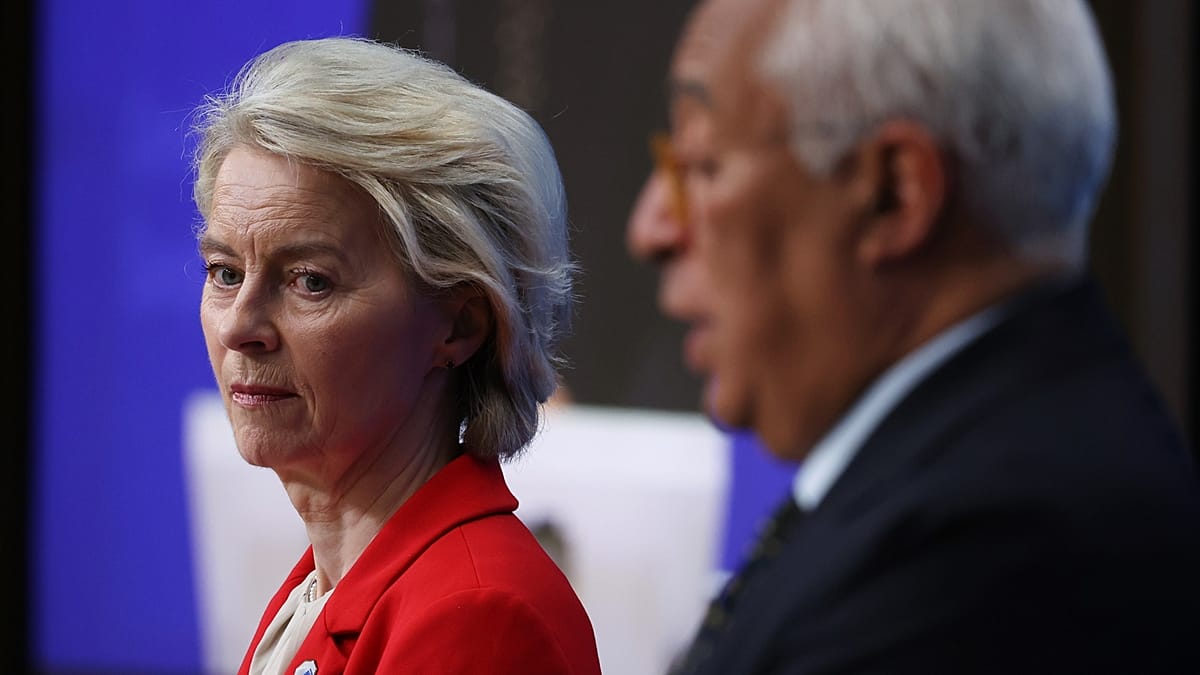
Health New Zealand this afternoon is reporting one new case of measles in the Wellington region. This brings the total number of known cases nationwide to 11, with the latest cluster surrounding Wellington College and Wellington Girls’ College.
Parents and caregivers of Wellington high school students are worried by an outbreak of measles, with thousands of close contacts identified and students in isolation.
One case is linked to overseas travel, and seven are linked to a Bluebridge Ferry crossing on October 3.
There are four cases in Wellington, one in Northland, two in Auckland, one in Taranaki, two in Manawatū and one in Nelson.
Wellington’s locations of interest include Metlink bus 736 journeys on the mornings of October 13 and 15, VTNZ Thorndon on those same afternoons, and a Thai restaurant in Karori on the evening of October 15.
Parents ‘pretty concerned’
Speaking to RNZ outside Wellington College, Julie said one of the two international students she hosted was in isolation – but with no sign of symptoms.
“It’s probably a little bit of a concern, but I think if you’re immunised… then it’s OK. I think the fact that it’s near the end of the year is probably a bit worrisome for some students and families.”
Another parent, Miriam, said she was “pretty concerned”.
“More worried about how it’s infectious and it’s spreading, and worried about people with families, children and babies, vulnerable people.”
She said she would support school-wide mask-wearing, but it was not currently a requirement.
Nicole told RNZ she had a son in Year 10.
“It’s scary,” she said. “But I think there’s enough immunity. I would imagine most of [these students] would be immunised twice.”
She said all her children were vaccinated, but her youngest was under a year old, and not yet old enough to have had a second dose.
Vaccine rates fall since Covid
The cases at two of the capital’s largest high schools were confirmed over the long weekend. (Source: 1News)
General Practice New Zealand chairman Dr Bryan Betty explained measles was highly contagious and isolation for close contacts was key to minimising its spread.
Vaccination rates had fallen since Covid, he said, with an increase in general vaccine hesitancy contributing to the drop.
“Although [measles vaccine rates are] improving, they’re improving slowly, and they’re sitting around the 82% mark around New Zealand. They need to be around 95% for herd immunity,” Betty said.
“So, there is certainly a risk, especially to our very young children.”
Doses were usually given at 12 and 15 months, which was when they were found to be most effective.
Betty said public health officials could change that advice to prompt earlier vaccination, if there was enough concern over an outbreak.
“We know that children under the age of 12 months are most at risk of measles from serious complication, so dropping the age then gives you more coverage,” he said.
‘Very high’ risk of further measles cases – Health NZ
Vaccine rates varied around the country.
According to Health New Zealand data, the percentage of five-year-olds who are fully immunised is lowest in Auckland, at 61.2%, and then Northland at 62.5%. It’s highest in Canterbury, at 85.6%.
Betty said rates were particularly low among Māori and Pacific communities, “which is a concern”.
People who were not sure about their vaccination status should talk to the GP to make sure they were fully immunised, he said.
Health New Zealand said the risk of further measles cases, contacts and exposures across the country remained “very high”.
“As we work to stop the spread of measles, where appropriate, we may ask some close contacts to stay home in quarantine as a precaution until public health teams can confirm their immunity,” the agency said in a statement.
Confirming a person’s immunity required evidence of having received two measles vaccinations or laboratory evidence of previous infection or immunity. They would then be released from quarantine.
“When there are large exposure events, such as exposures at schools involving hundreds of contacts, this takes time to confirm. We appreciate people’s patience as we work through this,” the agency said.
Anyone with symptoms should call Healthline, or contact their healthcare provider by phone, rather than in-person.
“Vaccination is the best protection,” the agency said.
The schools have been approached for comment.
rnz.co.nz














